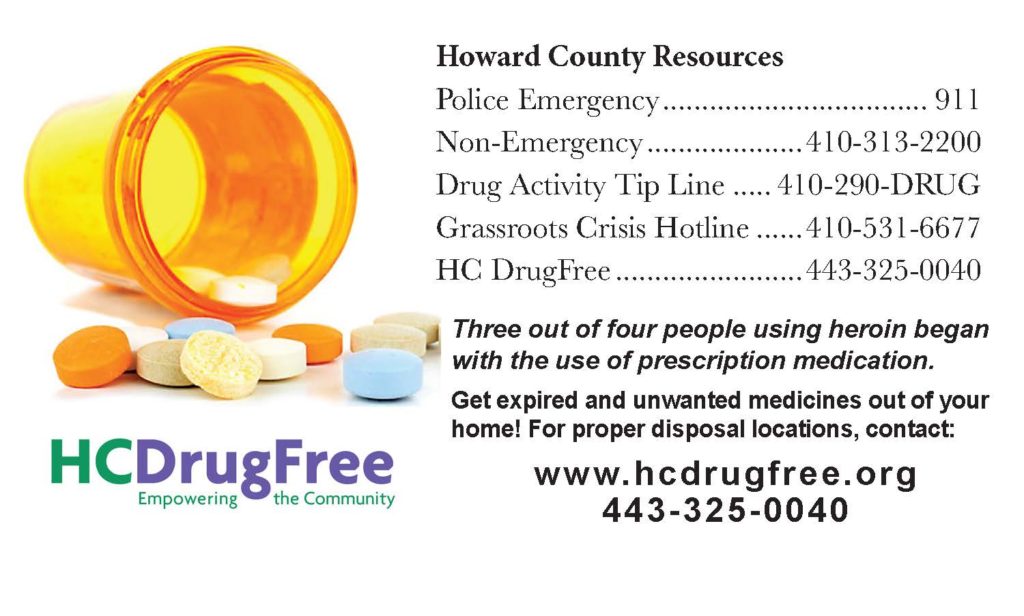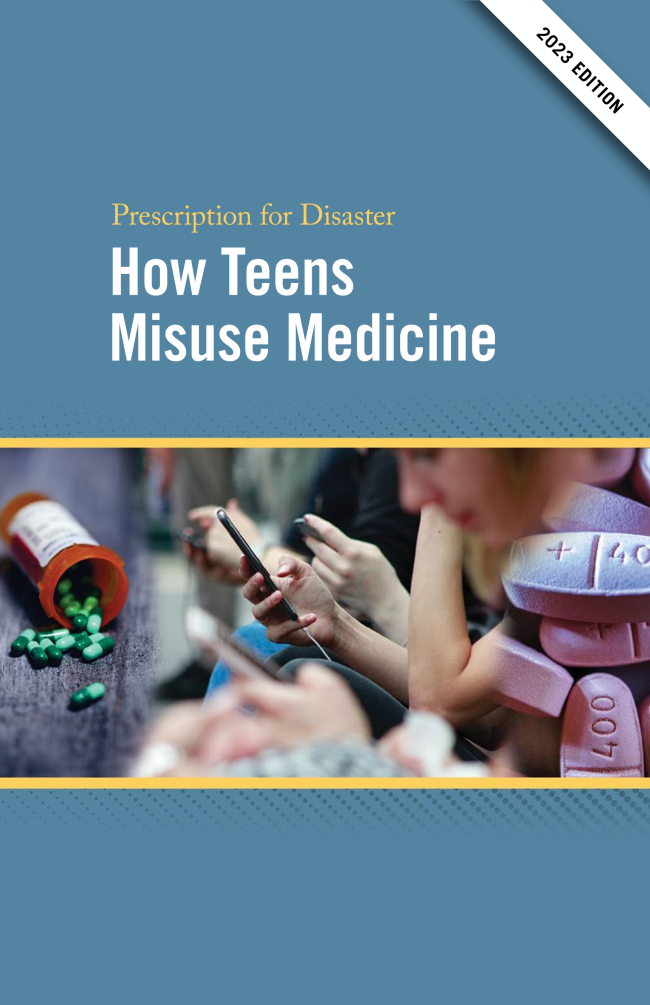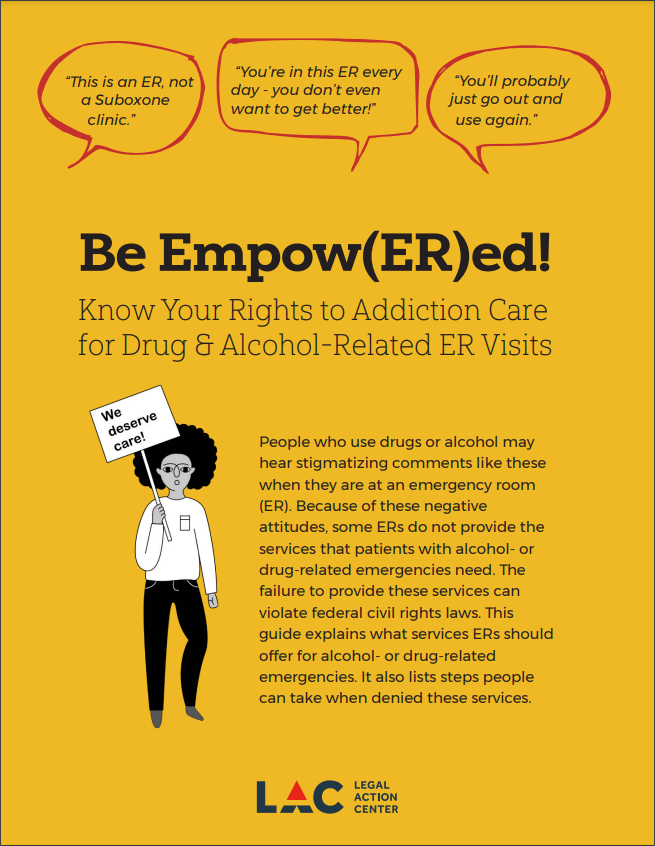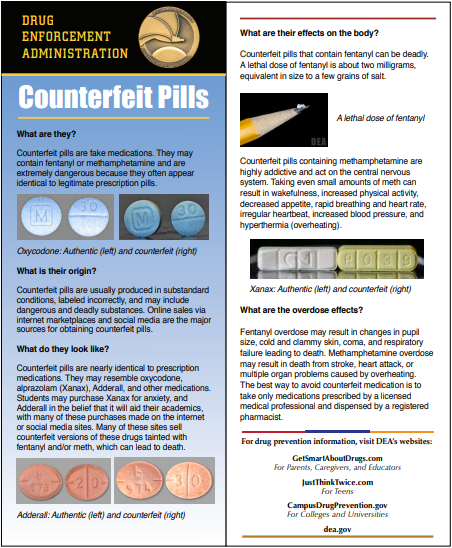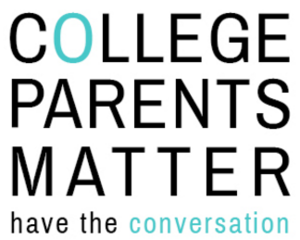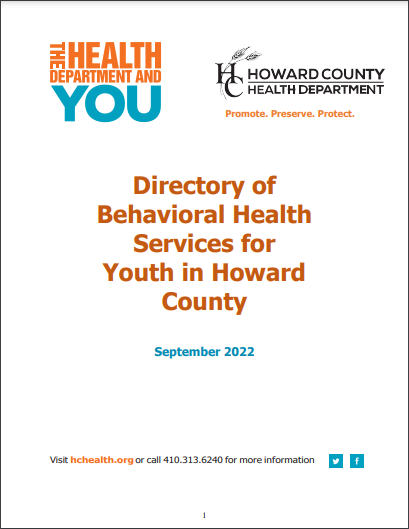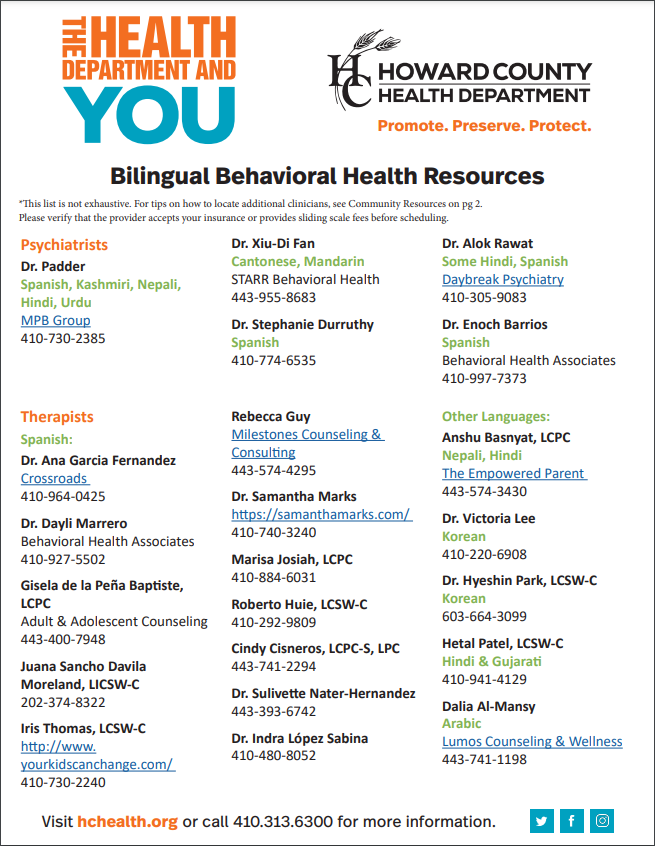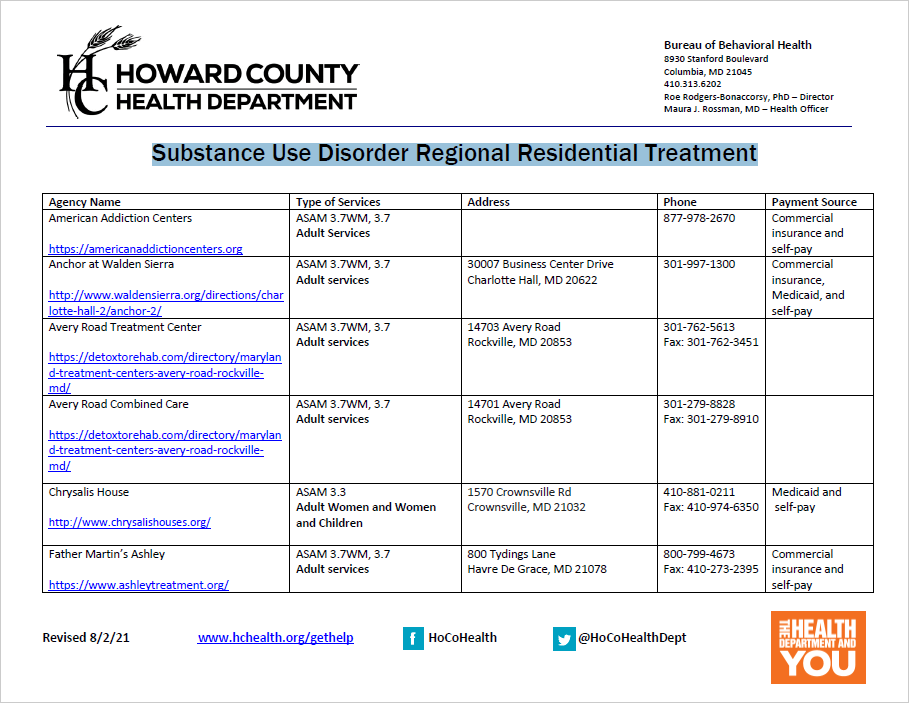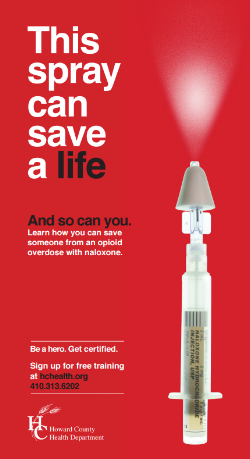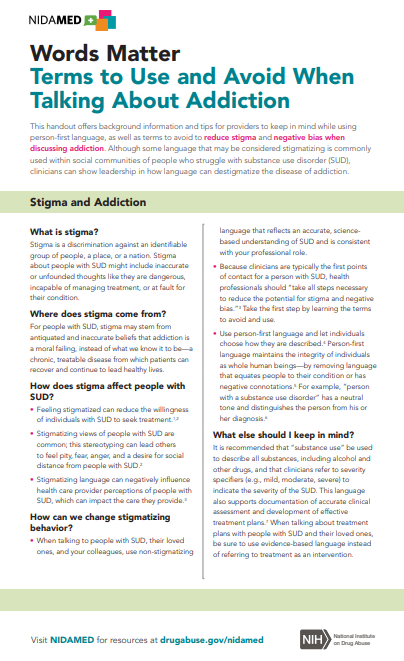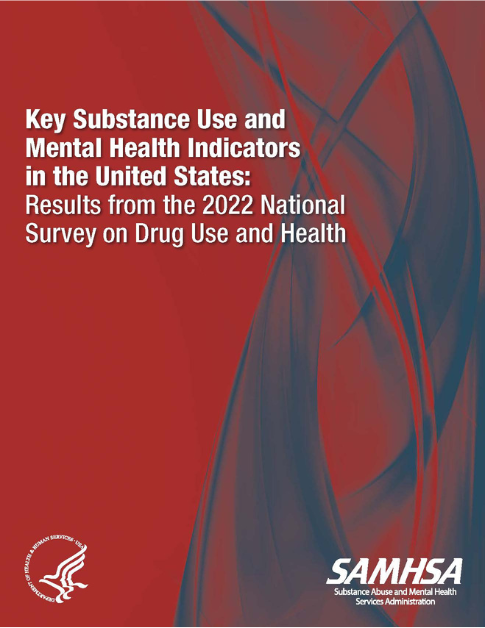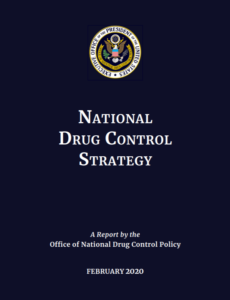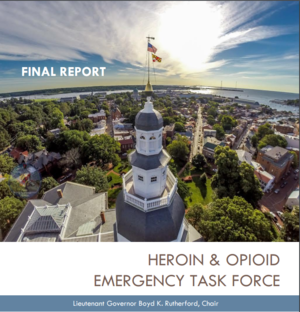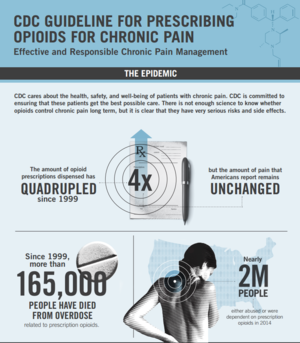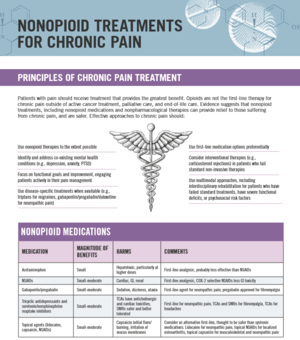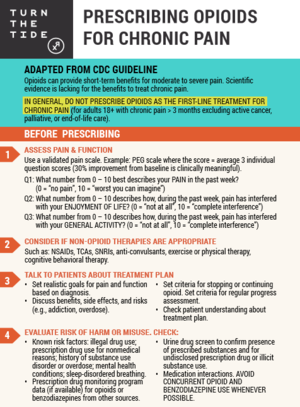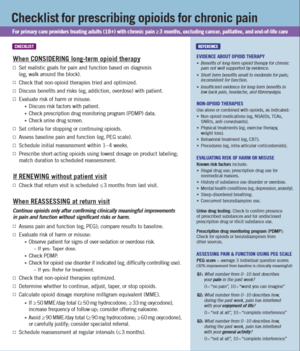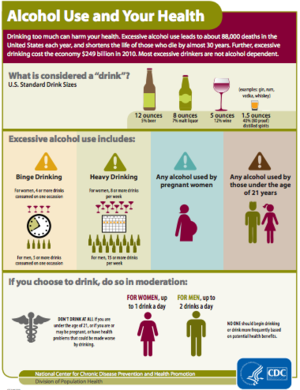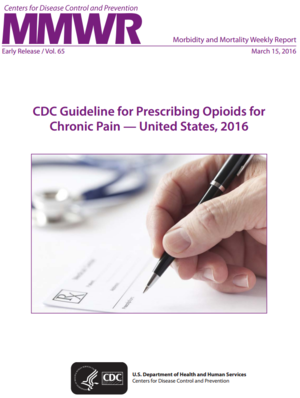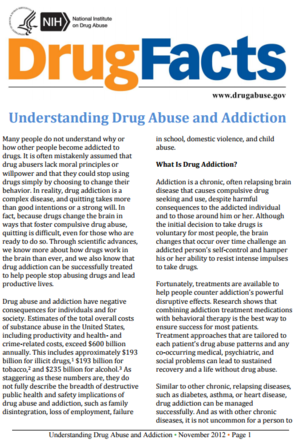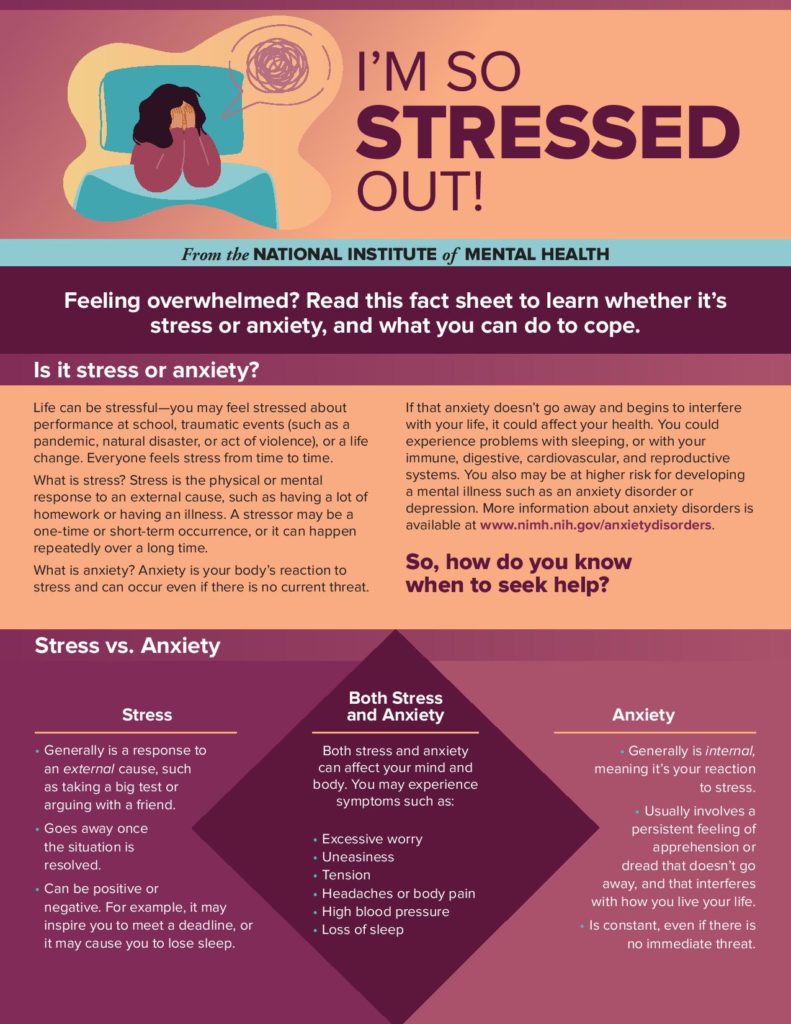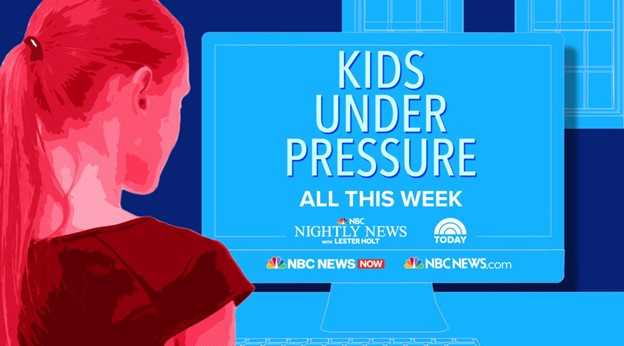Learn More about Opioids
If you or someone you know in Howard County needs help with an opioid or other drug issue, call 800-422-0009, 24-hours a day, or visit Grassroots for screening & referral assistance at 8990 Old Annapolis Road (Suite A) in Columbia. Visit www.HoCoOpioidHelp.com
In the KNOW… About Opioid Misuse
Want to know how to properly use pain medications, the risks of misusing them, or maybe the questions you should be asking your doctor? As helpful pain medications can be to one’s body, they can be as harmful if not used appropriately.
Click here for a brochure about opioid misuse or stop by at the HC DrugFree office in the Wilde Lake Village Center to pick up a copy.
DEA 2024 National Drug Threat Assessment
The National Drug Threat Assessment (NDTA) is DEA’s comprehensive strategic assessment of illicit drug threats and trafficking trends endangering the United States.
Prescription for Disaster: How Teens Misuse Medicine
DEA’s newest edition of Prescription for Disaster: How Teens Misuse Medicine is designed to be a guide to help us understand and identify the current medications that teens are misusing. It is not all-inclusive; not every dosage unit or generic form of the medications can be listed due to space constraints and the frequent introduction of new drugs. This edition includes new information on fake pills, as well as social media, a major avenue through which teens purchase illicit drugs.
Download PDF
Be Empow(ER)ed!: Know Your Rights to Addiction Care for Drug & Alcohol-Related ER Visits
The Legal Action Center has created a guide to inform people who use drugs about their right to receive certain evidence-based services for substance use-related conditions in hospital emergency departments.
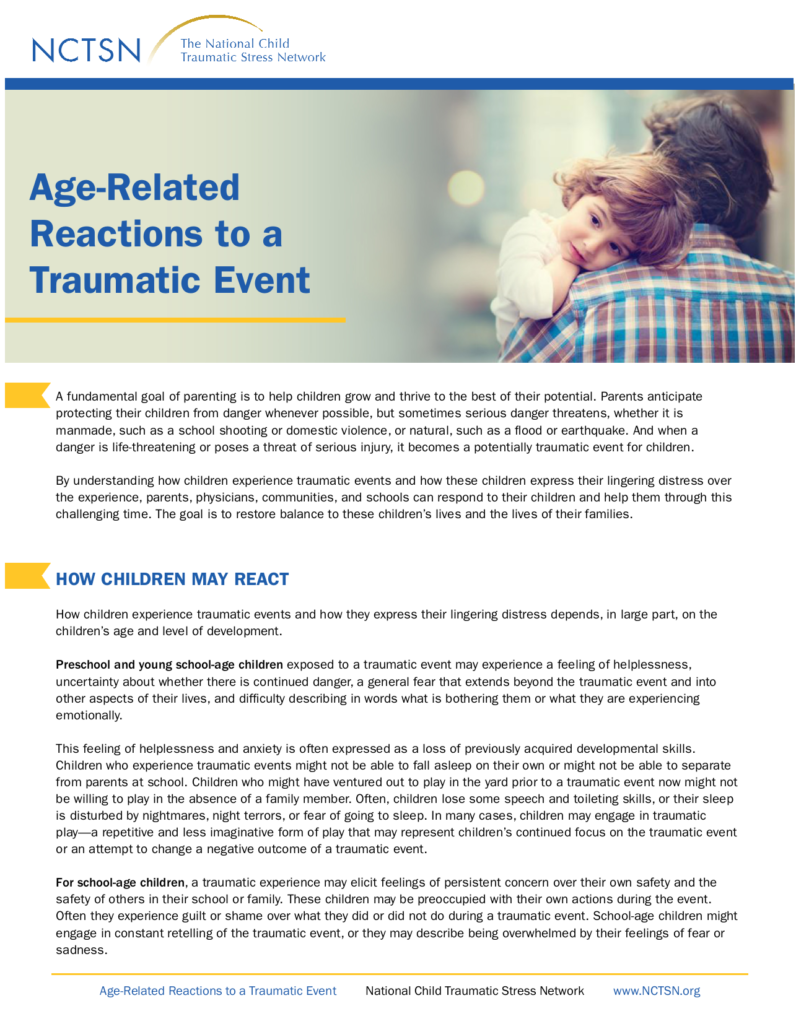
Child Trauma Resources
The National Child Traumatic Stress Network has created a variety of resources for teens parents, educators, and service providers to help support children coping with traumatic experiences, such as community mass violence, school shootings, bullying, abuse, disasters, and loss. Many of the resources are available in English and Spanish. To find the resources that are most helpful to you, visit https://www.nctsn.org/resources/all-nctsn-resources
Download a PDF of additional resources
DEA’s Counterfeit Pills Fact Sheet and Card
HC DrugFree’s friends at the Drug Enforcement Administration (DEA) shared a new Counterfeit Pills Fact Sheet and Card. Please share this important message with your family, friends, and colleagues.
Download the Fact Sheet
Download the Card
New Parent-Focused Website Promotes College Student-Parent Conversations about Drinking
A new parent-focused website, www.collegeparentsmatter.org developed by The Maryland Collaborative to Reduce College Drinking and Related Problems focuses squarely on giving parents practical suggestions on how to discuss alcohol-related issues with their college-age child. The site was built for parents and inspired by stories that parents shared in focus groups, with significant input from parents and college students as it was being developed. Included are conversation starters (“Say This, Not This”) around several high-risk situations that are often associated with high-risk drinking—situations like spring break, 21st birthdays, housing and roommates, and so on. The site also describes seven general tips for communicating with a college student.
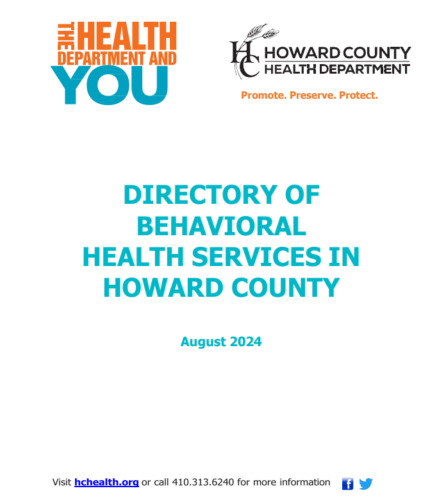
Directory of Behavioral Health Services in Howard County
Howard County has resource directories available to help adults find treatment providers and other services. Click here to view the PDF.
Directory of Behavioral Health Services for Youth in Howard County
Howard County has resource directories available to help youth find treatment providers and other services. Click here to view the PDF.
Directory of Bilingual Behavioral Health Resources in Howard County
Howard County has resource directories available to help find bilingual treatment providers and other services. Click here to view the PDF. Also available in Spanish, Korean, or Chinese.
Visit hchealth.org for more information.
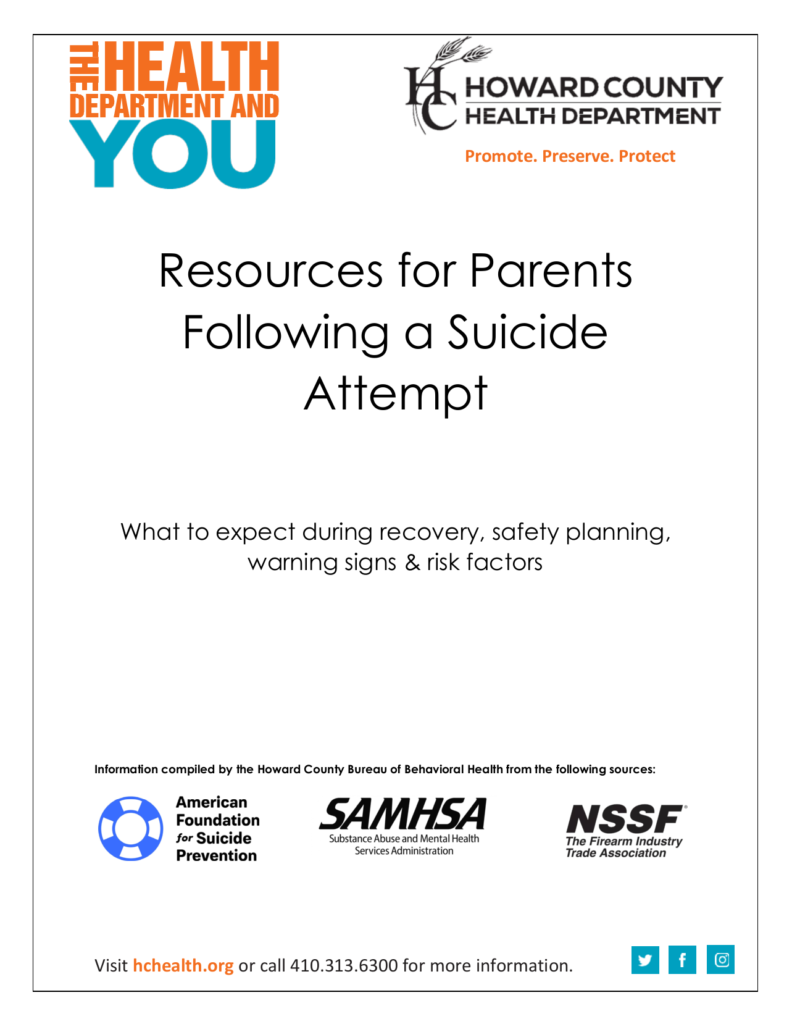
Resources for Parents Following a Suicide Attempt
What parents can expect during recovery, safety planning, warning signs, and risk factors. Click here to view the PDF.
Substance Use Disorder Regional Residential Treatment Guide
If you are seeking treatment for a substance use disorder, Howard County has created a guide of local treatment options. Click here to view the PDF.
Howard County Mental Health Services
Searching for mental health or substance use services in Howard County but don’t know where to start? The Behavioral Health Navigation Services can help link you to services, refer you to treatment and follow up to make sure you received the assistance you need. Call 410-313-6202 for more information. Click here to view a downloadable PDF with information about Howard County Health Department services.
Overdose Response Training Programs
Want to be more prepared when dealing with an overdose victim? The overdose response programs provided by the Howard County Health Department teach participants practice rescue breathing techniques and how to administer life-saving medicine that reverses the effects of an opioid overdose. To learn more about overdose response programs, click on the informational flyer to the left or view the PowerPoint presentation from the class. To sign up for free future training sessions, contact the Health Department at 410-313-6202 or visit their website.
Words Matter – Terms to Use and Avoid When Talking About Addiction
This page offers background information and tips for providers to keep in mind while using person-first language, as well as terms to avoid to reduce stigma and negative bias when discussing addiction. Although some language that may be considered stigmatizing is commonly used within social communities of people who struggle with substance use disorder (SUD), clinicians can show leadership in how language can destigmatize the disease of addiction.
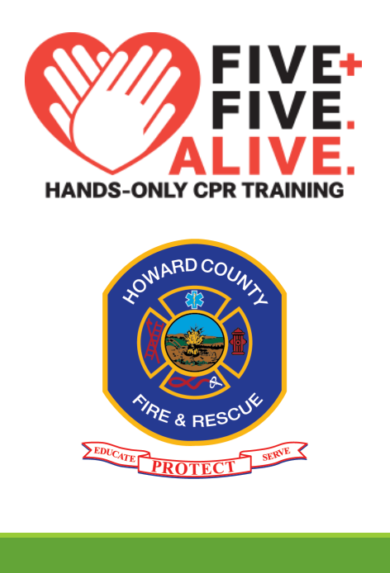
Cardiopulmonary Resuscitation (CPR) Training
Click on each of the links below to view Adult, Child, Infant CPR training slides from the Howard County Department of Fire & Rescue Services.
Cardiac Arrest, Barriers to Performing CPR, Causes of Cardiac Arrest, Adult CPR, Adult AED, Adult Choking, Child CPR, Child AED, Child Choking, Infant CPR, Infant Choking, Contact Fire & Rescue Services, Pulse Point App, Good Samaritan Law

A Guide to Managing Stress for Disaster Responders and First Responders
This guide offers information and tips to disaster responders and first responders to help them manage stress during crisis response. It describes how stress affects the body and suggests ways for individuals and organizations to promote and engage in stress management.
2022 National Survey on Drug Use and Health
SAMHSA has released the 2022 National Survey on Drug Use and Health results, accompanied by a newly offered companion infographic.
This report provides key findings from the 2022 National Survey on Drug Use and Health (NSDUH) on substance use, mental health, and treatment among the noninstitutionalized U.S. population aged 12 or older. Estimates are presented by age group and by race/ethnicity for selected measures.
National Drug Control Strategy Report by the Office of National Drug Control Policy
In February 2020, ONDCP released the Trump Administration’s National Drug Control Strategy, which establishes the President’s priorities for addressing the challenge of drug trafficking and use. Click here to read and print the full report.
Heroin & Opioid Emergency Task Force – Final Report
Check out the Heroin & Opioid Emergency Task Force Final Report, which includes proposals and recommendations to overcome the growing heroin and opioid crisis. Click here to view full report.
Prescription Opioids What You Need to Know (fact sheet)
This is fact sheet provides information on the risks of opioid medications and on what other options are available for pain management following a surgery or injury.
For more information on prescription opioid overdose, visit: http://www.cdc.gov/drugoverdose/index.html
CDC Guideline for Prescribing Opioids for Chronic Pain (infographic)
This infographic illustrates the scope of the epidemic of opioid abuse and overdose, notes alternative ways to manage chronic pain, and gives a brief overview of the CDC Guideline for Prescribing Opioids for Chronic Pain.
For more information on prescription opioid overdose, visit: http://www.cdc.gov/drugoverdose/index.html
Nonopioid Treatments for Chronic Pain
Patients want treatment methods that will provide the greatest benefit. Opioids are not the only way to treat chronic pain and there are other methods that may relieve pain better and safer than opioids. Check out this overview of nonopioid treatments for chronic pain.
For more information on prescription opioid overdose, visit: http://www.cdc.gov/drugoverdose/index.html
Turn the Tide – Prescribing Opioids for Chronic Pain
Check out this pocket guide about the Turn the Tide campaign, which gives a brief overview of the CDC Guideline for prescribing opioids for chronic pain and treating overdose and addiction.
For more information on prescription opioid overdose, visit: http://www.cdc.gov/drugoverdose/index.html
Checklist for Prescribing Opioids for Chronic Pain
For primary care providers treating adults (18+) with chronic pain for 3 or more months, excluding cancer, palliative, and end-of-life care.
For more information on prescription oioid overdose, visit: http://www.cdc.gov/drugoverdose/index.html
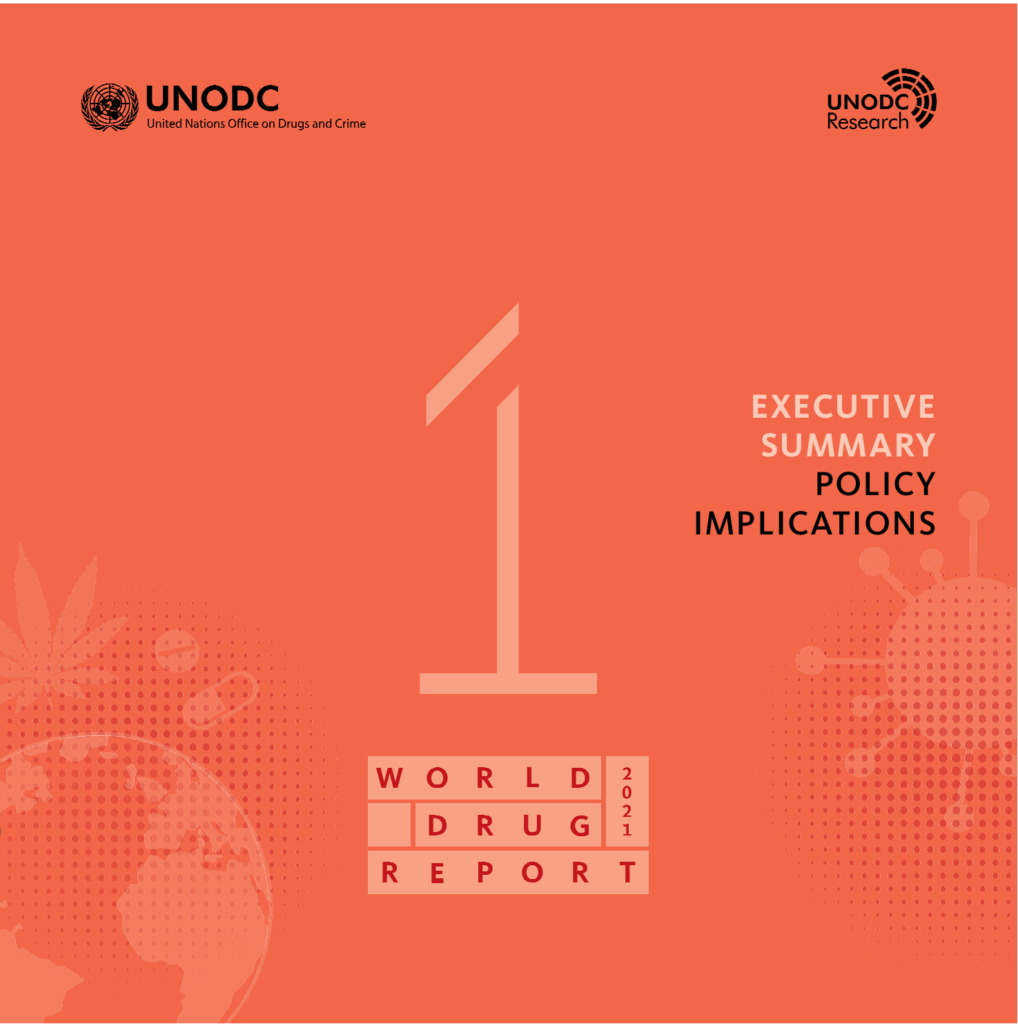
World Drug Report 2021
The World Drug Report, released by United Nations Office on Drugs and Crime, highlights the importance of drug abuse prevention and treatment; encourages the development, adoption and implementation of alternative or additional measures with regard to conviction or punishment; and promotes proportionate national sentencing policies, practices and guidelines for drug-related offences. Visit https://www.unodc.org/unodc/en/data-and-analysis/wdr2021.html to view the entire report.
CDC Fact Sheet – Alcohol Use and Your Health
This fact sheet contains information about alcohol use and what’s considered excessive alcohol use. The fact sheet also goes over the short and long-term health risk of excessive alcohol use.
For more information about alcohol use, visit http://www.cdc.gov/alcohol/fact-sheets/alcohol-use.htm#x2013.
CDC Guideline for Prescribing Opioids for Chronic Pain — United States, 2016
This guideline provides recommendations for primary care clinicians who are prescribing opioids for chronic pain outside of active cancer treatment, palliative care, and end-of-life care. The guideline addresses 1) when to initiate or continue opioids for chronic pain; 2) opioid selection, dosage, duration, follow-up, and discontinuation; and 3) assessing risk and addressing harms of opioid use. CDC developed the guideline using the Grading of Recommendations Assessment, Development, and Evaluation (GRADE) framework, and recommendations are made on the basis of a systematic review of the scientific evidence while considering benefits and harms, values and preferences, and resource allocation. This guideline is intended to improve communication between clinicians and patients about the risks and benefits of opioid therapy for chronic pain, improve the safety and effectiveness of pain treatment, and reduce the risks associated with long-term opioid therapy, including opioid use disorder, overdose, and death.
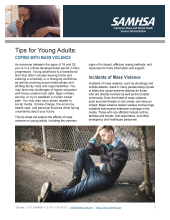
Tips for Young Adults: Coping with Mass Violence
This tip sheet explores the impact of mass violence on young adults (ages 18 to 26). It describes mass violence incidents and their common effects, suggests ways to cope, and identifies signs of the need for professional behavioral health support.
Teens – Do You Know What Prom Night Can Cost?
The anticipation of Prom can be an exciting time for a teenager. The reality is that underage drinking and/or drug use any time of year can lead to devastating consequences based on the choices teens make. HC DrugFree’s Teen Advisory Council (TAC) created this flier to let teens and parents know what those choices can cost and urges parents to talk to their teens about their plans for prom (and for any time). Click on the image on the left to see the Prom Public Service Announcement created by TAC
Parents – Do You Know What It Costs To Host An After-Prom Party?
Click on the image to see what the anticipated costs and unanticipated costs are for hosting an After-Prom party and providing alcohol to minors or allowing underage consumption of alcohol – another Public Service Announcement created by TAC.
Parents – Click here To Read Important Tips About Prom and After-Prom
Drug Facts: Understanding Drug Abuse and Addiction
Many people do not understand why or how other people become addicted to drugs. It is often mistakenly assumed that drug abusers lack moral principles or willpower and that they could stop using drugs simply by choosing to change their behavior. In reality, drug addiction is a complex disease, and quitting takes more than good intentions or a strong will. In fact, because drugs change the brain in ways that foster compulsive drug abuse, quitting is difficult, even for those who are ready to do so. Through scientific advances, we know more about how drugs work in the brain than ever, and we also know that drug addiction can be successfully treated to help people stop abusing drugs and lead productive lives. Click here to read about drug addiction, what happens to your brain when you take drugs, and why some people become addicted while other do not.
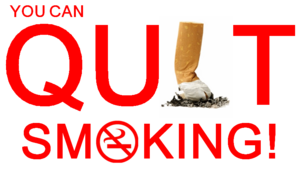
Quit Smoking Today
For information on free smoking cessation classes, call the Howard County Health Department at 410-313-6265. For free tips and tools to quit smoking, get the American Cancer Society’s Guide to Quitting Smoking in English or in Spanish, or call the American Cancer Society at 1-800-227-2345.
Is it Stress or Anxiety? – Infographic
Feeling overwhelmed? Read this fact sheet to learn whether it’s stress or anxiety, and what you can do to cope.
Learn more at the National Institute of Mental Health website
Kids Under Pressure: A Look at Student Well-Being and Engagement During the Pandemic
Challenge Success, a school reform non-profit affiliated with the Stanford Graduate School of Education, and NBC News, the news division of the American broadcast television network NBC, partnered to conduct a large, national study to understand student well-being and academic engagement in these unsettled times.
Howard County Police Department – Telephone Numbers:
Emergency 911
Non-emergency 410-313-2200
Drug Activity 410-290-3784
Anonymous Tips 410-313-7867
Victim Assistance 410-313-3768
HCPD Spanish line 410-313-7807
Upcoming Collision Avoidance Training Dates
HC DrugFree encourages teens to attend Howard County Police Department’s Collision Avoidance Training (CAT) sessions. For more information, contact HCPD at 410-313-3700 or 410-313-3758.
Carlo DiClementi speaks about addiction and change
Click here to watch an interview with Carlo DiClementi, Howard County resident and Professor of Psychology, as he discusses his two books, “Changing for Good” and “Addiction and Change.”
National Survey on Drug Use and Health
The National Survey on Drug Use and Health (NSDUH) is the primary source of information on
the prevalence, patterns, and consequences of substance abuse among people age 12 and older. Click here to read a summary of the 2020 survey.
Mothers Against Drunk Drivers (MADD)
Click here to check out statistics from MADD.
